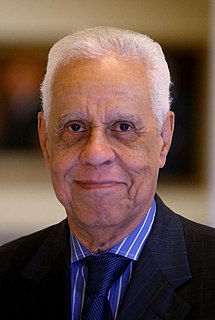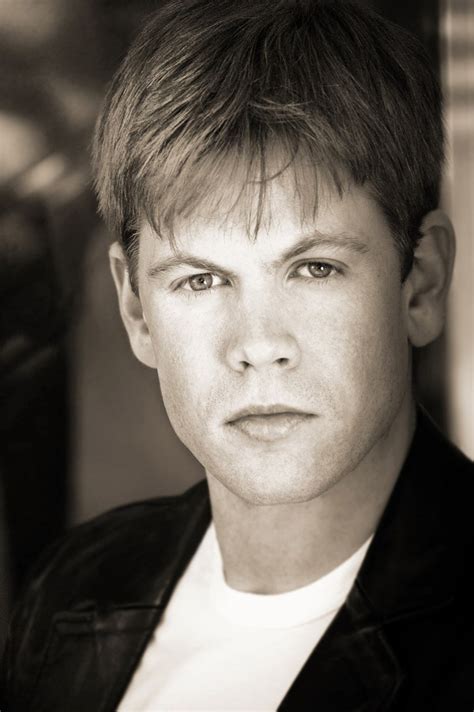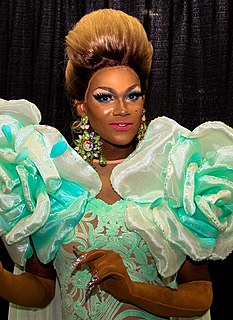A Quote by Michael N. Castle
Maya Angelou, the famous African American poet, historian, and civil rights activist who is hailed be many as one of the great voices of contemporary literature, believes a struggle only makes a person stronger.
Related Quotes
Obama was elected in a flourish of promise that many in the African-American community believed would help not only to symbolize African-American progress since the Civil War and Civil Rights Acts but that his presidency would result in doors opening in the halls of power as had never been seen before by black America.
For many years now, I have been an outspoken supporter of civil and human rights for gay and lesbian people. Gays and lesbians stood up for civil rights in Montgomery, Selma, in Albany, Ga. and St. Augustine, Fla., and many other campaigns of the Civil Rights Movement. Many of these courageous men and women were fighting for my freedom at a time when they could find few voices for their own, and I salute their contributions.
Of course, we have leaders in the African American community as well that we've all worked with. One of the great rewards of being an activist is that you get to meet all these wonderful people. And there are many unsung heroes. There are so many out there that are good people that are working hard.
When you expand the civil-rights struggle to the level of human rights, you can then take the case of the black man in this country before the nations in the UN. You can take it before the General Assembly. You can take Uncle Sam before a world court. But the only level you can do it on is the level of human rights. Civil rights keeps you under his restrictions, under his jurisdiction. Civil rights keeps you in his pocket.
































